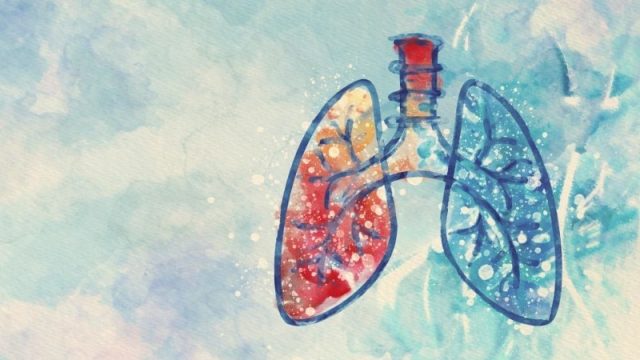Those receiving pulmonologist-directed treatment have less subsequent health care utilization for respiratory illness
By Elana Gotkine HealthDay Reporter
TUESDAY, May 21, 2024 (HealthDay News) — For adults with undiagnosed asthma and chronic obstructive pulmonary disease (COPD), receipt of pulmonologist-directed treatment is associated with less subsequent health care utilization for respiratory illness than usual care, according to a study published online May 19 in the New England Journal of Medicine to coincide with the American Thoracic Society 2024 International Conference, held from May 17 to 22 in San Diego.
Shawn D. Aaron, M.D., from the University of Ottawa in Canada, and colleagues identified adults in the community with respiratory symptoms without diagnosed lung disease. Participants who were found to have undiagnosed COPD or asthma on spirometry were assigned to receive the intervention or usual care by their primary care physician (253 and 255, respectively).
The researchers found that the annualized rate of a primary-outcome event was lower in the intervention versus the usual-care group (0.53 versus 1.12 events per person-year; incidence rate ratio, 0.48). At 12 months, the St. George Respiratory Questionnaire score was 10.2 and 6.8 points lower than the baseline score in the intervention and usual-care groups, respectively, and the COPD Assessment Test score was 3.8 and 2.6 points lower than baseline, respectively. The forced expiratory volume in one second increased by 119 and 22 mL in the intervention and usual-care groups, respectively. The trial groups had a similar incidence of adverse events.
“Although the results favored a pulmonologist-based intervention, the findings in the usual-care group suggest that management of previously undiagnosed asthma or COPD by a primary care practitioner may also be associated with positive changes in a patient’s health status,” the authors write.
Copyright © 2024 HealthDay. All rights reserved.



















